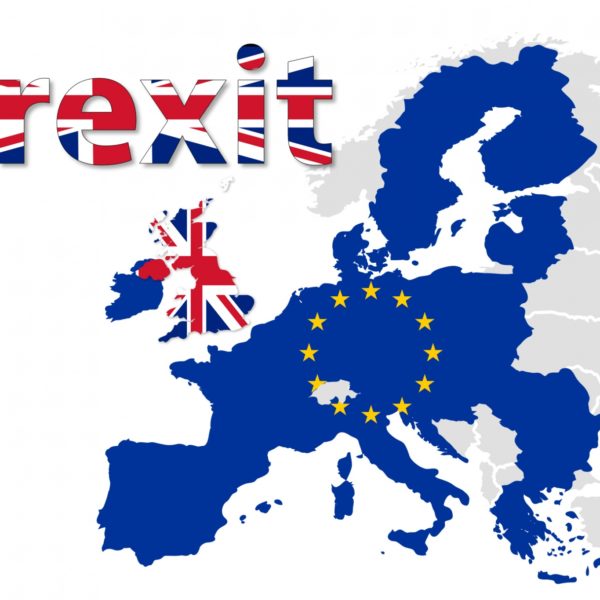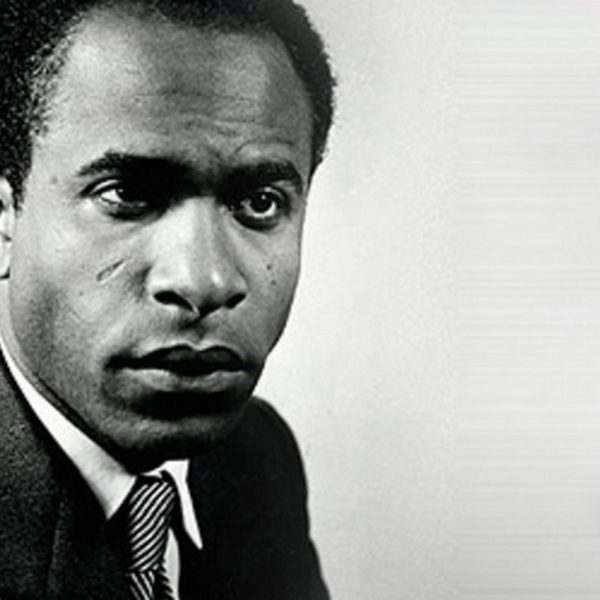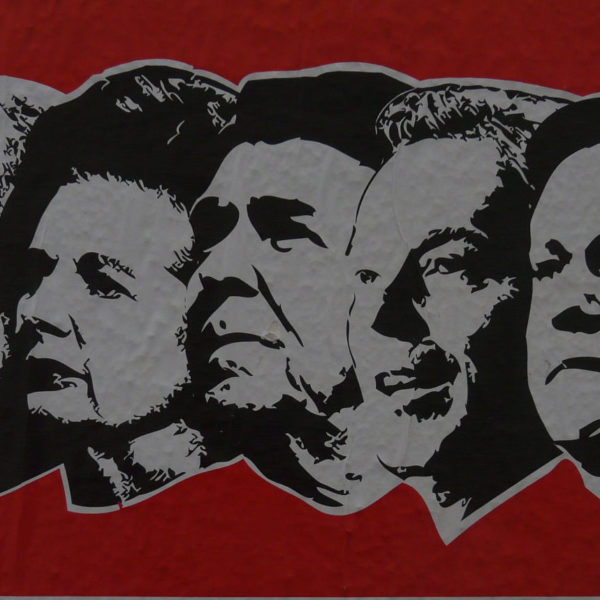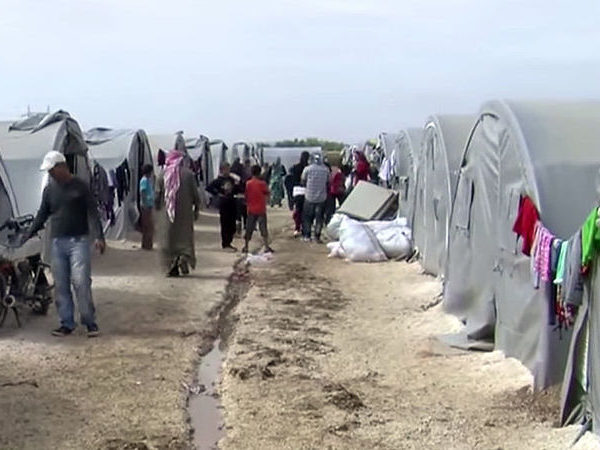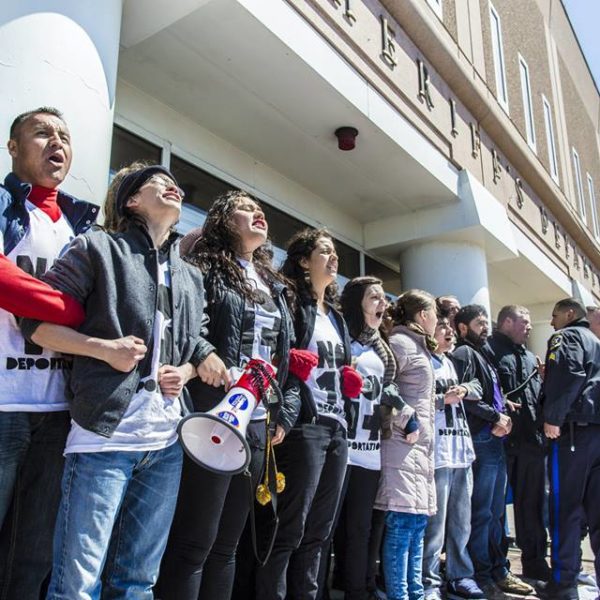
The telos of border imperialism as described by Walia and served by policies like the Priority Enforcement program is manifestly blasphemous on any number of levels. The most obvious, and the most commonly identified by theologians is that it denies the presence of Christ in the persons of exploited, oppressed, colonized, and working people.
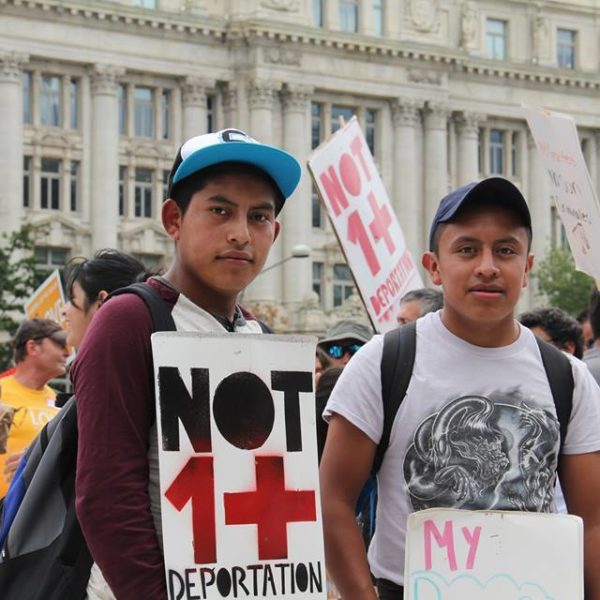
On 13 August, the main floor of the New Haven People’s Center was characteristically hot and unusually crowded for a late summer evening. About half a dozen lawyers, nonprofit workers, and labor union staff were there for a meeting of the Connecticut Immigrant Rights Alliance.
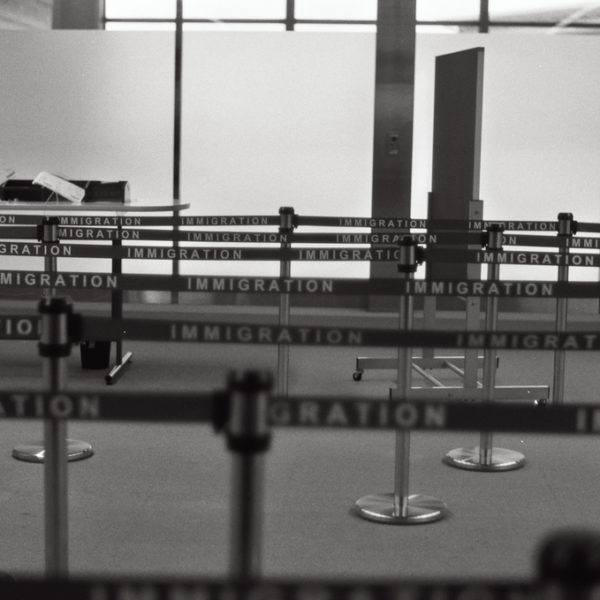
. . . Pastors and church-leaders for the past two years have been very vocal in their efforts to ‘welcome the stranger’ through immigration reform and in so doing are reframing evangelical Christian concerns beyond the rote of life-issues. . . . Though evangelical leaders have pushed for reform, this hasn’t yet filtered down to evangelical congregations who are amongst the most skeptical of CIR. The Public Religion Research Institute (PRRI) noted in 2013 that white evangelical Protestants were the least likely of all religious groups to support a path to citizenship for illegal migrants.
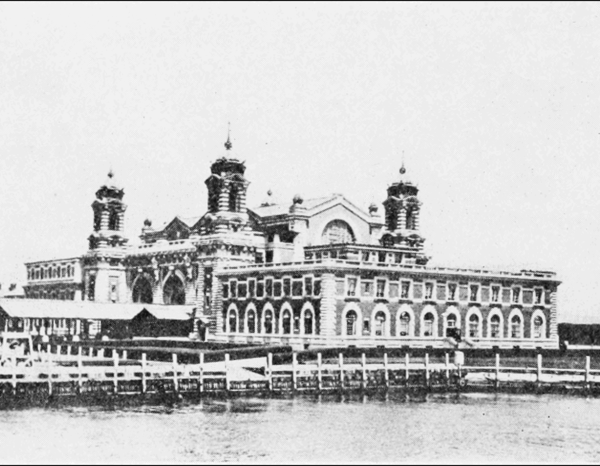
The first reaction of the reader to Abram’s calling, “That’s supposed to be me,” gives way to the second realization, which is “That COULD be me.” And it is in imagining the fear and anxiety normally attendant to leaving everyone and everything behind that the seed is planted in the reader’s heart for concern for real-life strangers.
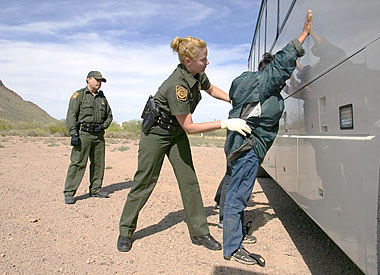
In the public debate surrounding the U.S. Senate’s bill proposing the reform of the immigration system, and now the House of Representatives’ efforts to craft its own bill, one is bound to encounter the argument that falls under the label of “enforcement first.” The argument goes that before the illegal immigrants who are already present in the U.S. gain any sort of legal status, we must first put in place measures that will ensure that in the future, further illegal immigrants do not enter the country in the hopes of an inevitable legalization process at some point in the future. This argument is flawed, and if it were put into practice would prove costly and harmful to immigrants without solving the illegal immigration problem.
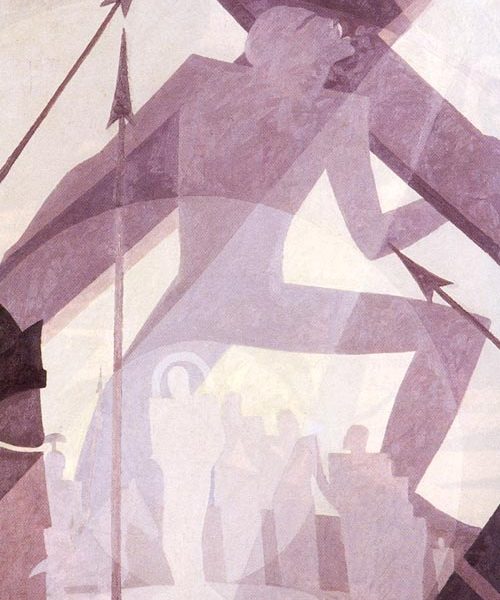
The Notre Dame Institute for Advanced Study hosted a conference at the beginning of this month on Theology and Black Politics. Opening with the question: “What is the Black Church?”, the conference addressed fundamental concerns regarding the nature of black politics and theology.
Although often lost in a generic celebration of the giving of the Spirit, this text is one that is filled with questions of ethnicity, language, and diversity. It speaks to the American debate of whether this nation can or should be a melting pot that blends and ignores culture and ethnicity or a mosaic and celebration of the diversity that exists in our midst. But first, some background:
